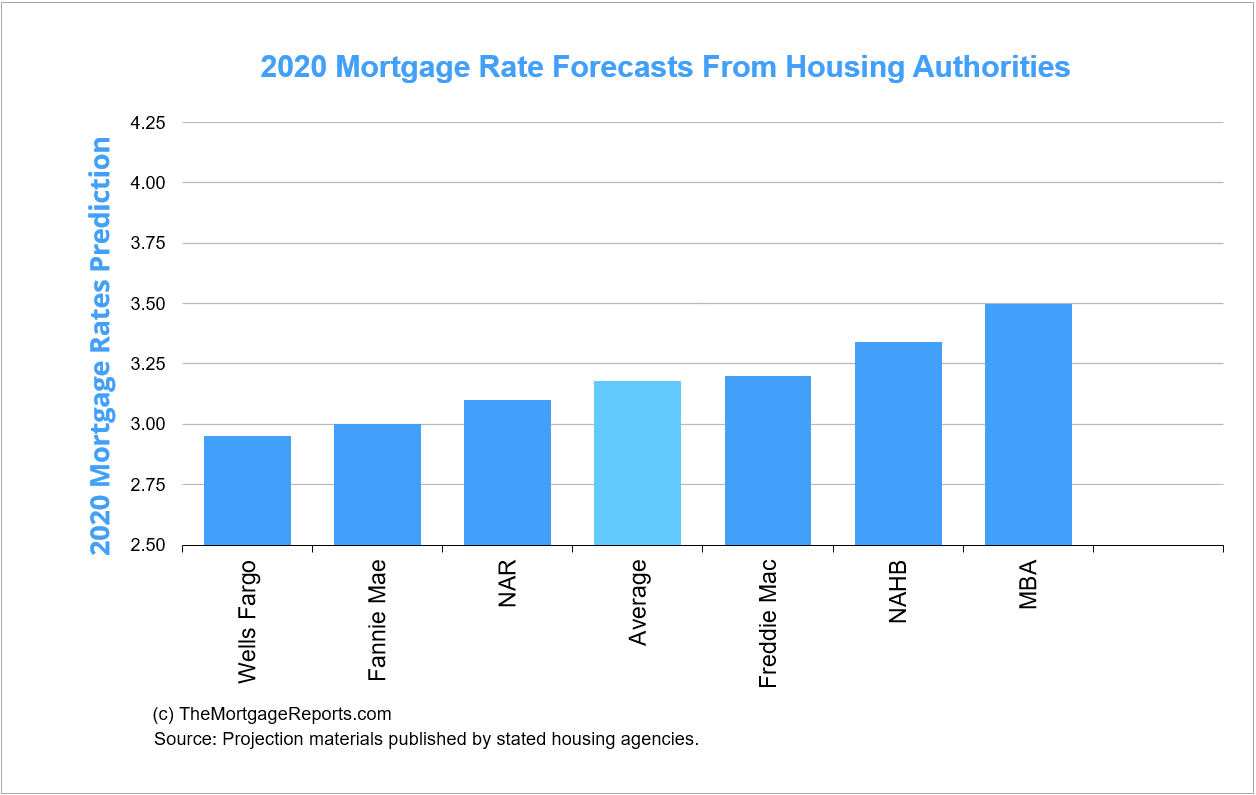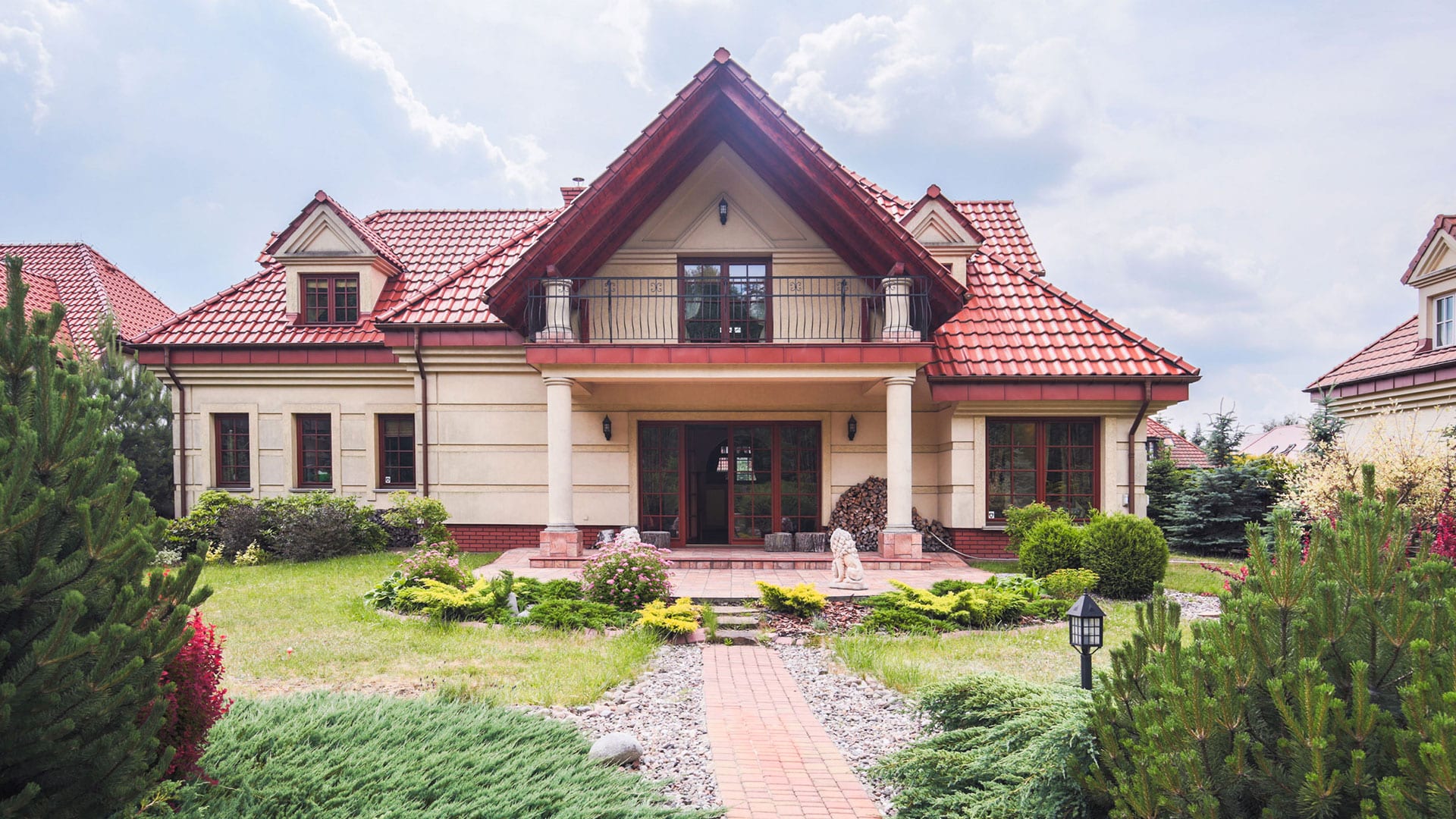Reverse home loans were created for older individuals to tap their house equity to increase their month-to-month capital without the burden of month-to-month payments. To certify for a reverse home mortgage, you should be at least 62 years of ages. Possible borrowers likewise must go through a house counseling session to ensure that they completely understand the ins and outs of a reverse home mortgage.
Investment residential or commercial properties and vacation homes do not certify. You must live at the property for more than six months of the year. Generally, you can't borrow more than 80% of your house's value, approximately the FHA optimum of $726,525 for 2019. Normally, the older you are, the more you can borrow.
" So, they are looking at getting a loan that deserves 68% of their house's worth." You're also required to pay real estate tax, house owner's insurance and mortgage insurance coverage premium in addition to maintaining your home. Your lender will examine whether you have enough non reusable income to meet these commitments. In many cases, lenders may require that some of the equity from the reverse mortgage is reserved to pay those expenses going forward.
That means the loan balance grows with time. For example, you may obtain $100,000 upfront, however by the time you die or sell your house and relocation, you will owe more than that, depending upon the rates of interest on the reverse home loan. There are five methods to have the funds from a reverse mortgage distributed to you: You can take the money you're entitled to upfront.
Usually, these types of reverse home mortgages featured a fixed rate of interest on the exceptional balance. You can get the funds as a month-to-month payment that lasts as long as you remain in your house. This reverse home loan normally has an adjustable interest rate. You can receive funds month-to-month for a specified period.
The rates of interest is also adjustable. Under this scenario, you do not take any money at all. Instead, you have a line of credit you can draw on at any time. The line of credit likewise grows gradually based on its adjustable interest rate. You can also combine the above options.
Some Known Details About How Do Reverse Mortgages Work After Death
If you wish to alter the alternatives later on, you can do this is by paying an administrative cost, Stearns stated. If you want to stay in your house for a long time in your retirement and have no desire to give your house to your kids, then a reverse mortgage commercial timesharing inc may work for you.
The ideal reverse home loan borrowers also are those who have developed up significant and diversified retirement cost savings. "However they have substantial wealth in their home and they desire as much spendable funds in their retirement as possible," stated Jack Guttentag, professor of financing emeritus at the Wharton School of the University of Pennsylvania.
If you do not fully comprehend the mortgage, you should also prevent it. "These are complex items," Nelson said. "It's a mind tornado to think of equity disappearing." If you desire to leave your house to your kids after you die or move out Learn here of the home, a reverse home loan isn't a good alternative for you either.
If you don't make your real estate tax and insurance coverage payments, that might activate a foreclosure. Similarly, if you don't react to yearly correspondence from your loan provider, that might likewise prompt foreclosure proceedings. Sadly, minor offenses like not returning a residency postcard, missing tax or property insurance payment, or bad servicing can cause foreclosure quickly.
If your spouse is not a co-borrower on the reverse mortgage when you pass away, what takes place next depends upon when the reverse home mortgage https://karanaujlamusiciehom.wixsite.com/marcoodpe871/post/6-simple-techniques-for-how-do-reverse-mortgages-work-dave-ramsey was taken out. If it was secured on or after Aug. 4, 2014, a non-borrowing partner can remain in the home after the borrower passes away however does not get anymore of the loan funds as long as he or she fulfills these eligibility requirements: Married to the customer when the loan closed Remain wed till the customer dies Called as a non-borrowing partner in the loan documents Live and continue to reside in the house as the primary house Able to prove legal ownership after the debtor dies Pay the taxes and insurance and maintain the home's upkeepThe borrower and partner need to certify at the loan's closing and every list below year that they are still married and the partner is a qualified non-borrowing spouse.
If these conditions aren't fulfilled, the partner can deal with foreclosure. For reverse home loans taken out before Aug. 4, 2014, non-borrowing spouses have fewer defenses. The loan provider does not need to permit the non-borrowing spouse to remain in the home after the borrower passes away. A customer and his or her spouse can ask a lending institution to apply to HUD to enable the non-borrowing partner to stay in the home - reverse mortgages how they work.
Buy To Let Mortgages How Do They Work Fundamentals Explained

Some loan providers offer HECM lookalikes but with loan limitations that exceed the FHA limit. These reverse home loans typically resemble HECMs. how do interest only mortgages work. But it is necessary to understand any distinctions. Know how your reverse home loan expert gets paid. If paid on commission, be cautious if the expert motivates you to take the optimum in advance money, which suggests a larger commission.
" People don't look at reverse mortgages until it becomes a requirement. They can be desperate." There are other ways for seniors to unlock the equity they developed in their homes over the years without securing a reverse home loan. If you require the equity for your retirement years, it's key to think about all options.

The downside is providing up the family house. However potential advantages include moving closer to household and purchasing a home preferable for aging in place. You can either refinance or secure a brand-new home mortgage if you do not have an existing one and squander a few of the equity.
You could likewise borrow versus your home equity utilizing a home equity loan or credit line. A loan enables you to take a lump amount upfront that you repay in installation payments. With a credit line, you can borrow from it at any time, as much as the maximum amount.
A reverse home mortgage loan, like a traditional home loan, permits property owners to borrow cash utilizing their home as security for the loan. Also like a traditional home mortgage, when you take out a reverse mortgage loan, the title to your home remains in your name. Nevertheless, unlike a standard mortgage, with a reverse mortgage, customers don't make regular monthly mortgage payments.
Interest and costs are contributed to the loan balance each month and the balance grows. With a reverse home loan, house owners are needed to pay home taxes and homeowners insurance, use the property as their principal home, and keep their house in good condition. With a reverse home loan, the amount the property owner owes to the lending institution goes upnot downover time.
Some Known Questions About What Can Itin Numbers Work For Home Mortgages.
As your loan balance increases, your home equity decreases. A reverse home loan is not free cash. It is a loan where obtained money + interest + charges monthly = rising loan balance. The property owners or their beneficiaries will ultimately have to pay back the loan, generally by offering the house.